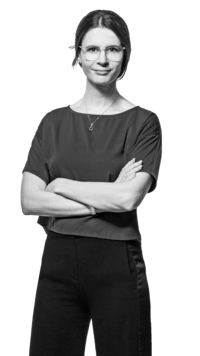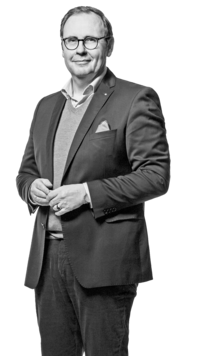UNESCO has named Copenhagen the 2023 World Capital of Architecture, prompting an array of architecture-focused events and festivals. This workshop will focus on mobility of people and goods in the densified and high-rise city.
More than 40 guests from all over Europe attended the two-day event. On the 30th of August we started with a tour through the DOLL Living Lab, the largest Living Lab for intelligent outdoor lighting and Smart City-technologies in Europe. There we learned how AI will transform and improve infrastructure and mobility in the city of the future using environmental monitoring and smart intelligent traffic systems.
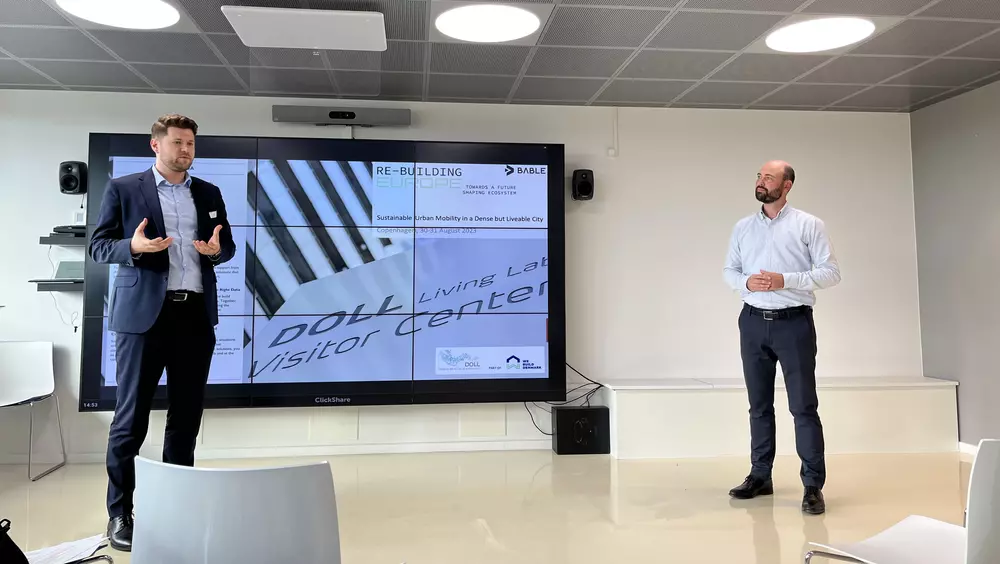
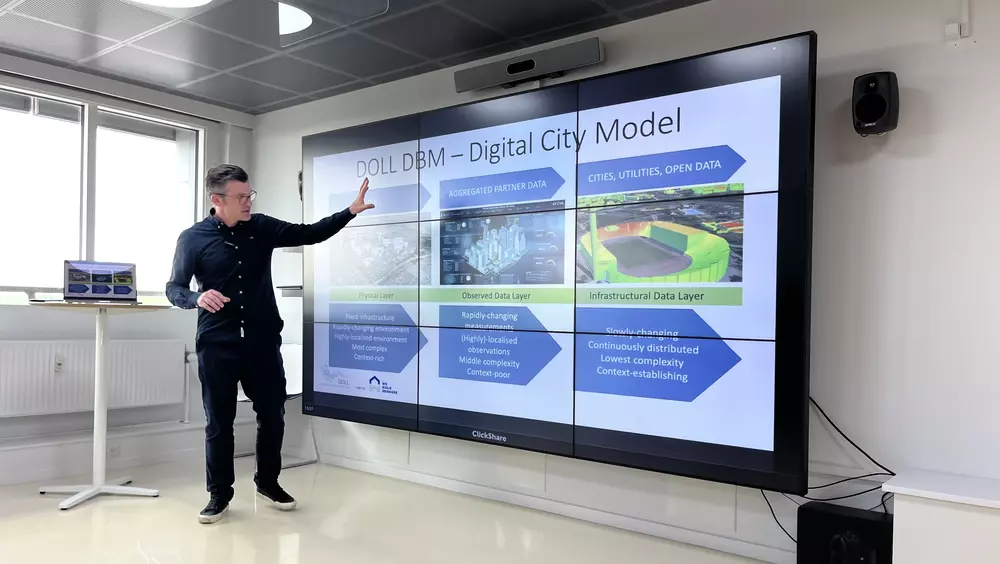
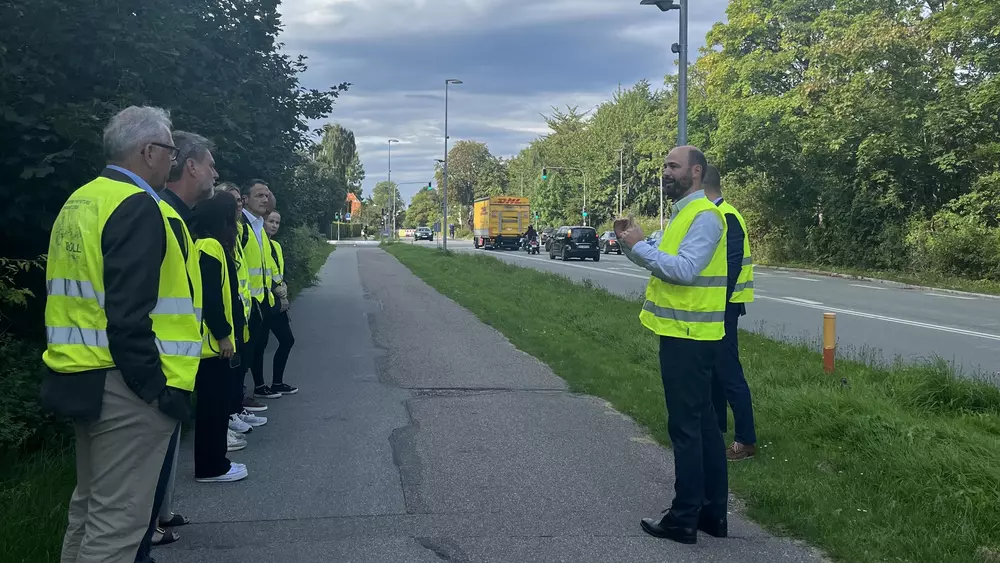
The morning of August 31st began with a keynote by Monica Magnussen, Head of International Affairs at the City of Copenhagen, providing insights into the urban development of the City and emphasized the importance of the bicycles for a sustainable city. Magnussen emphasized that the aim is not to force people to cycle but to encourage them though safe and easy accessible infrastructure.
PANEL DISCUSSION I
The first panel focused on the topic "Local Area Development and Mobility" with Monica Magnussen, Susa Eräranta from the City of Helsinki, Robert Martin from Beta Mobility and Soren Hansen from Henning Larsen. It sparked a dynamic dialogue between the panellists and the audience regarding the progress and obstacles in the development of green cities and mobility solutions. It is clear that in the pursuit of creating a sustainable transportation concept for our future cities, simply replacing cars with bicycles won't suffice. We need a portfolio of mobility solutions adapted to the needs of the users, which includes shared mobility concepts and public transport in addition to the bicycle. Liveable cities of the future are sustainable, smart and community-oriented. The panellists collectively agreed on the importance of infrastructure investment and adopting a forward-looking approach to urban development.
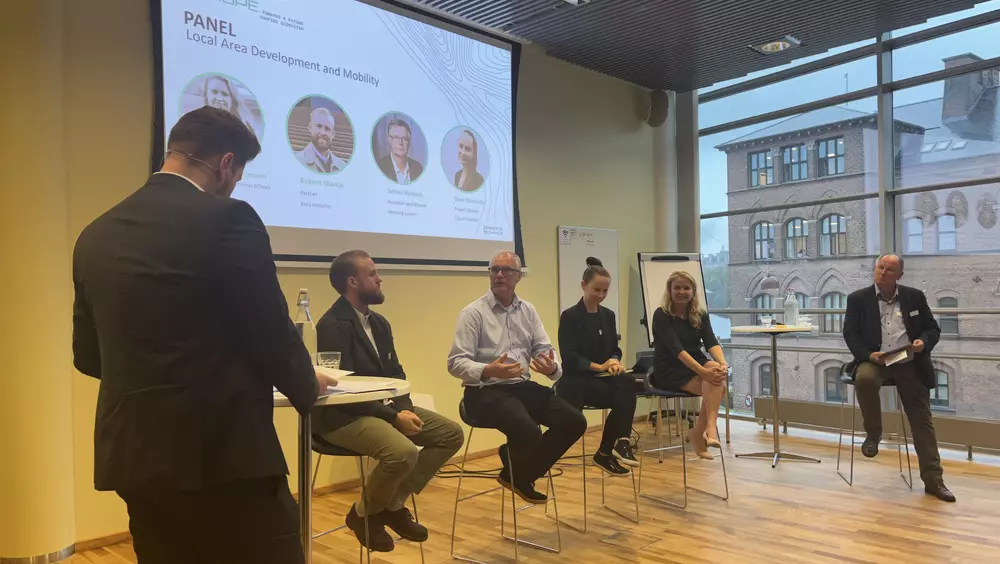
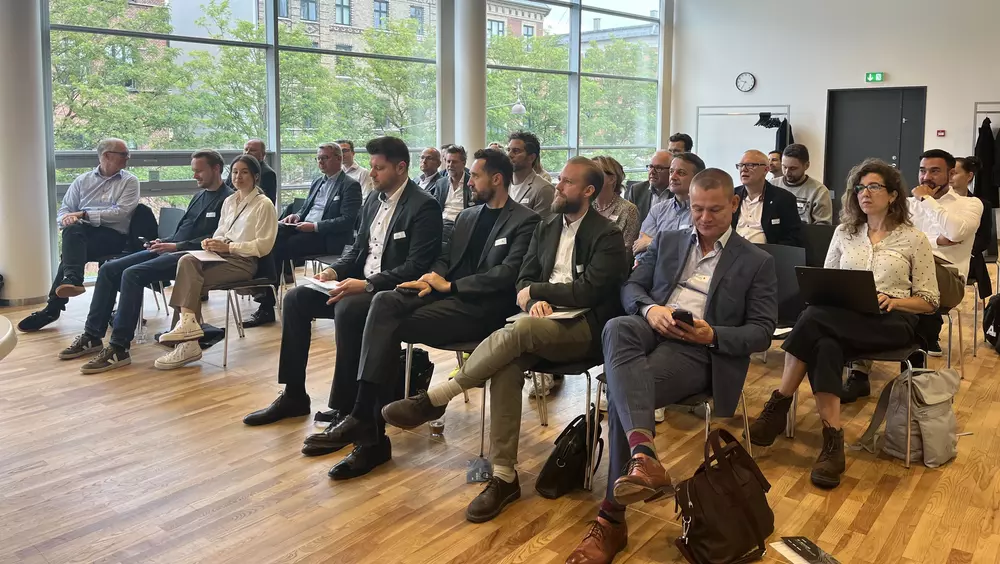
They concluded the panel with some important key takeaways on the topic of local area development:
We need an holistic approach, integrated planning, a long term approach and we have to rethink what the Goodlife for usis regarding urban development and sustainable cities.
IMPULSES
The first Impulse held by Søren Hansen from Henning Larsen focused on the topic of “Smart about Mobility and Urban Development”. Hansen illustrated the development of system-centric
to life-centric urban design in urban areas in the future. He also presented the “Masterplan Vejlands District” designed by Henning Larsen, which shows a standard for how modern communities can live in harmony with nature. He deduced that a new typology is required in urban development, one that integrates city blocks and nature to celebrate diversity.
The second impulse held by Robert Martin from Beta Mobility focused on the topic of “Designing Infrastructures for Sustainable Mobility”. Martin emphasized the significance of aligning the type of vehicle with the distance of the journey undertaken, which means using bicycles and public transport for shorter distances and reserving cars and planes only for longer journeys when it is unavoidable. Furthermore, it is crucial to create an infrastructure that is easily accessible for different lifestyles.
The third impulse held by Mathias Pedersen Heinze from Balder Denmark focused on the topic of “Social Connectedness and Hyper-Local Communities”. Balder highlighted the fact that the types of housing play a crucial role in whether people feel lonely in a community or city. He highlighted that individuals typically engage in less social interaction within private housing compared to social or corporate housing arrangements. He concluded his impulse by posing the question that when developing new houses we should ask ourselves: “is this a space where people will form friendships?"
PRESENTATION: MATHIAS PEDERSEN HEINZE
The final impulse by Jakob Norman-Hansen from BLOXHUB revolved around the topic of “Urban Innovation Hubs and New European Bauhaus”. The importance of community space, global networks and collaboration within an ecosystem was analysed. Furthermore, Norman-Hansen demonstrated that we need partnerships within and between public and private sectors in order to foster innovation.
WORKSHOP 1
“Behaviors for sustainable urban Mobility in a Dense but Liveable City” with Henrik Morgen, Nordic & Baltic Lead at BABLE Smart Cities.
In the workshop the participants worked out that rural areas foster stronger dependence on neighbours, consequently mitigating feelings of loneliness. Conversely, in urban settings, there is often less neighbourly interaction, leading to increased feelings of isolation among residents.
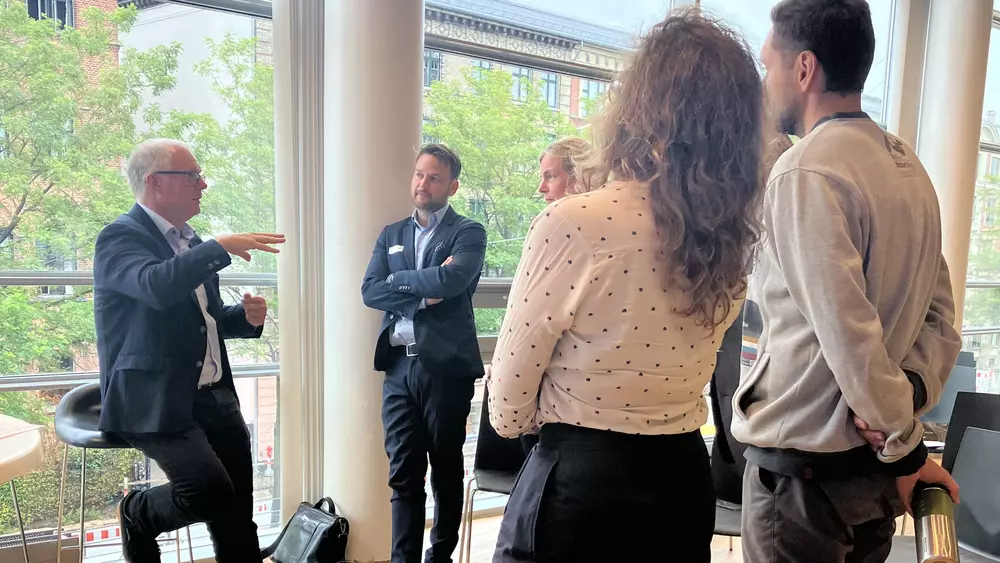
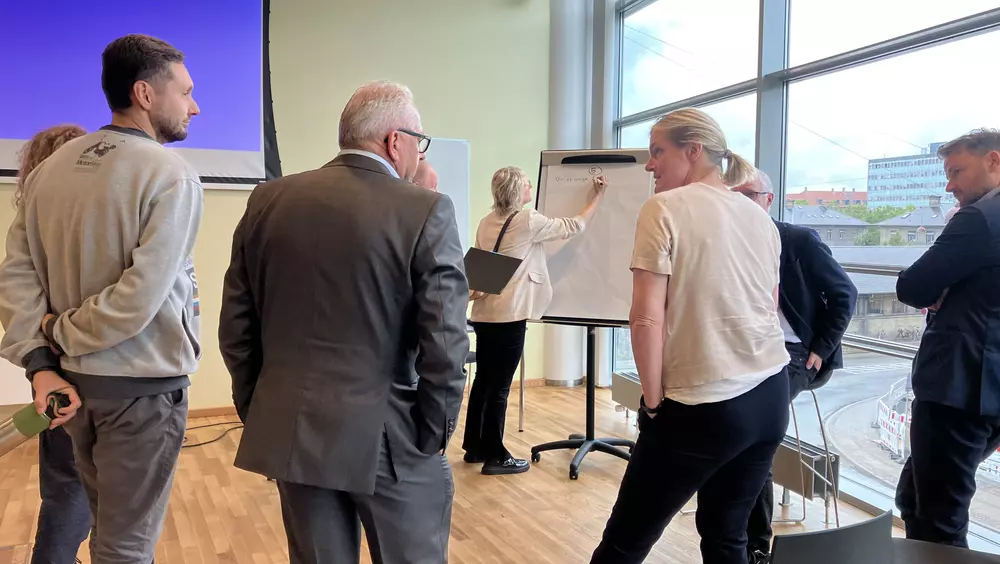
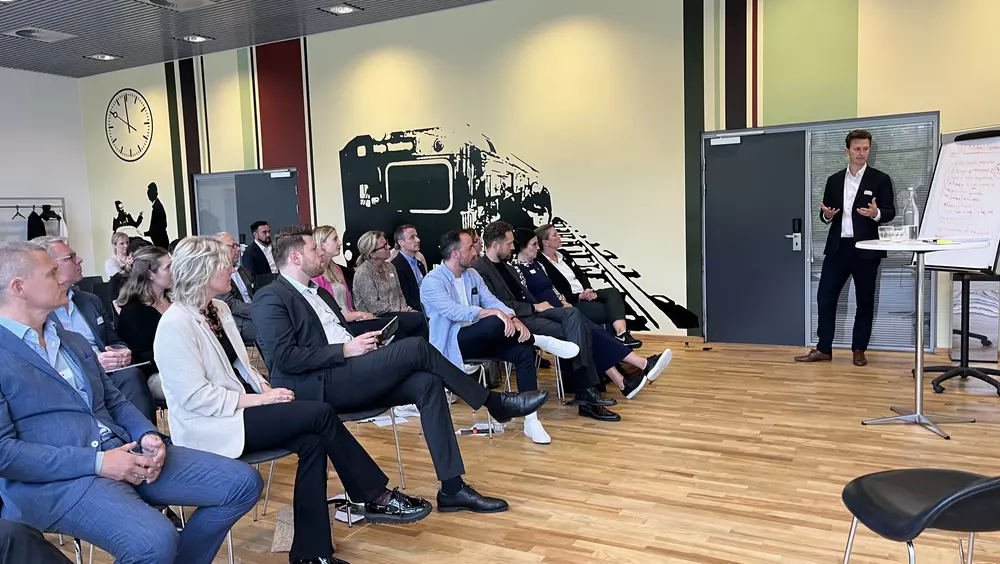
WORKSHOP 2
“AI as a Disruption in our Build Environment” with Andrea Heinz, Drees & Sommer
Under the leading question “How can we use AI tools in the future?”, we examined various AI instruments that empower us to enhance our productivity in our upcoming professional activities. Our findings underscored that through the adoption of targeted AI tools, we can eliminate repetitive and mundane tasks, allowing us to allocate more time to creative and innovative activities.
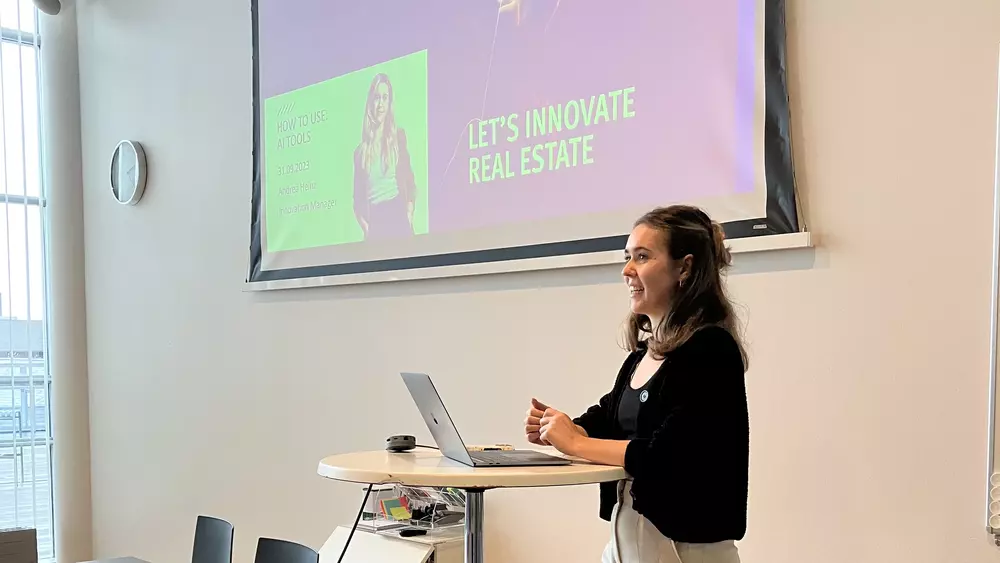
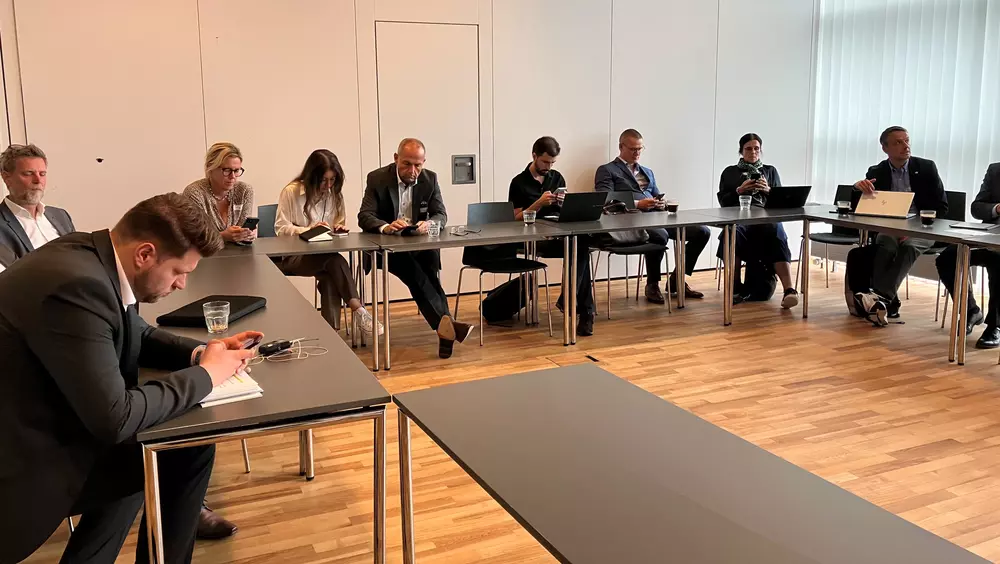
PANEL DISCUSSION II
The day continued with the panel discussion featuring Sebastian Heinz from Statworks, Jan Holse from Flux AD, Hannah Becher from Pleo and Teddy Sibbern Axelsen from DOLL on the Topic “The new Era – We shape AI or AI shapes us?”
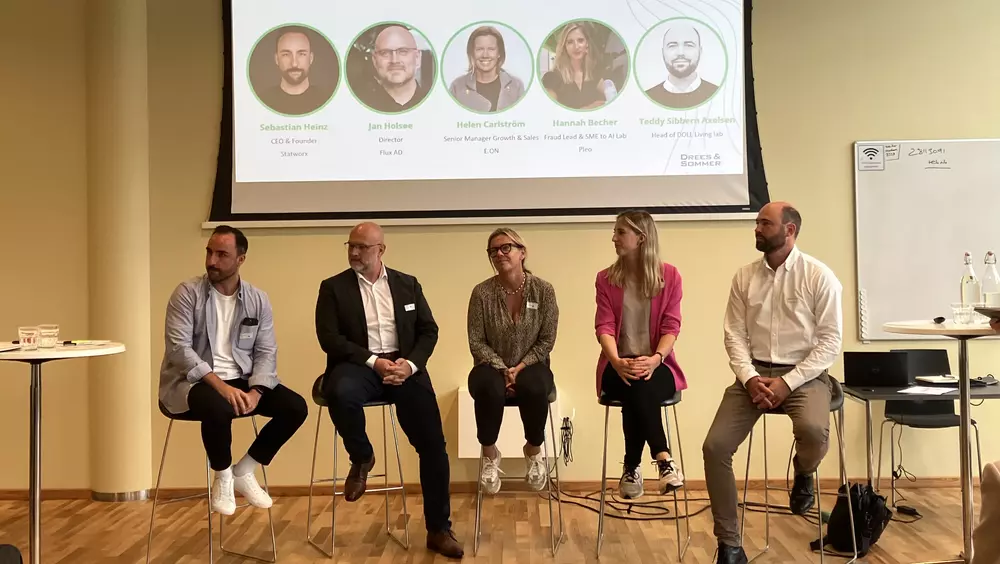
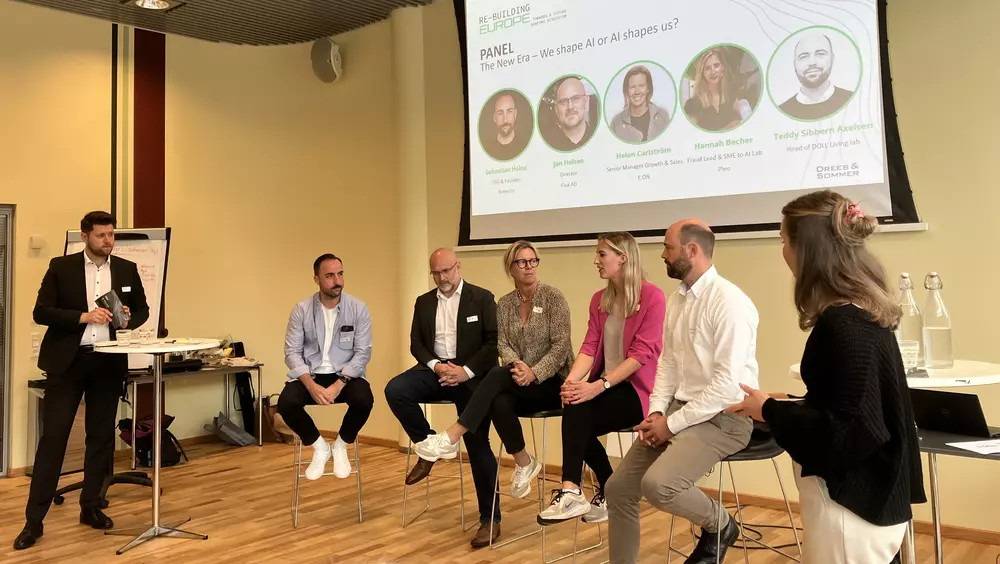
The questions of whether AI can truly surpass human capabilities in the workplace and delved into the pervasive concerns surrounding artificial intelligence were discussed. Conversely, we explored the potential advantages that AI offers and reached the consensus that humans possess a distinctive ability to learn through collaborative social learning and humans will and have to develop alongside AI.
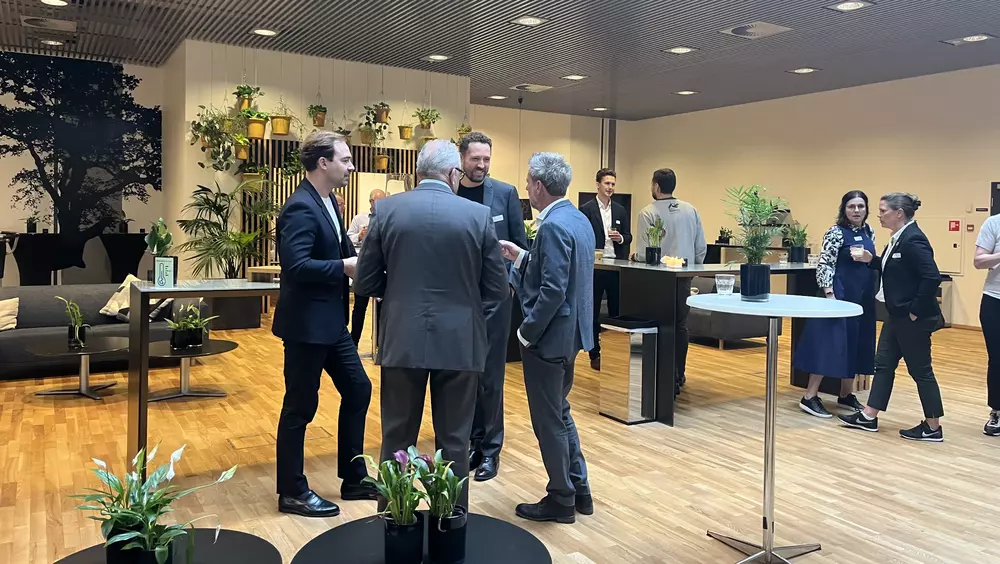
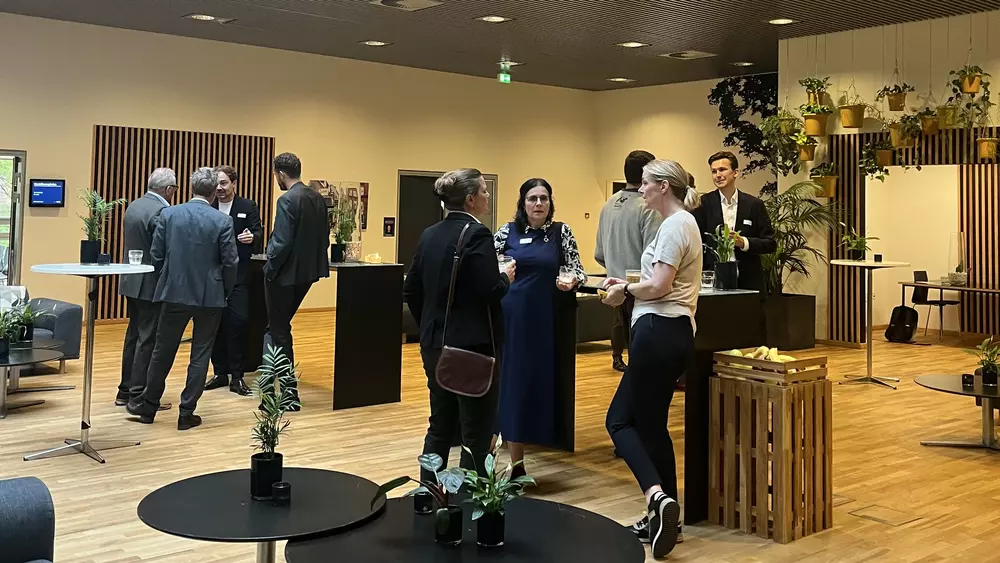
We are now looking forward to our next workshop in Frankfurt on the 17th and 18th of October, followed by the final forum on 29th of November in London, where we will present the results of our workshops and share further insights regarding our main topic: “Urban Density & the Vertical City”.
GET In TOUCH
